What is Pipe Corrosion?
When we talk about Pipe Corrosion, we’re delving into a subject that has far-reaching implications for both individual households and entire communities.
Pipe corrosion is essentially the deterioration of pipe material, most commonly metals like Copper, Lead, and Iron, due to their interaction with water and the surrounding environment. This is not just a cosmetic issue or a minor inconvenience; it’s a serious concern that can have detrimental effects on water quality and, by extension, human health.

The process of corrosion occurs over time and is influenced by various factors such as the pH level of the water, the presence of minerals, and even the temperature.
According to a comprehensive study by the U.S. Environmental Protection Agency, corroded pipes can leach harmful substances into the water supply, posing significant health risks. These substances can include lead, which is particularly harmful to children and can lead to developmental issues, as well as copper, which in high levels can cause gastrointestinal distress and other health problems.
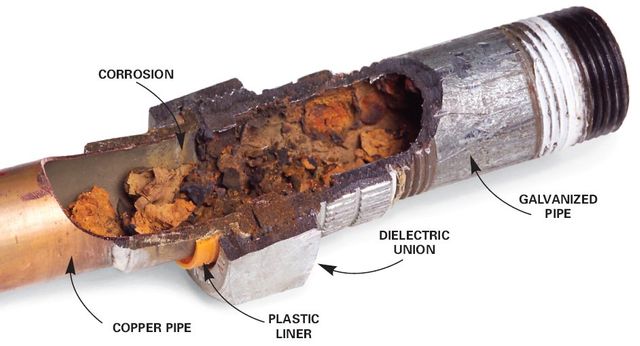
But why should the average homeowner care about pipe corrosion?
Well, the implications are twofold. First, there’s the immediate impact on water quality. If you’ve ever noticed a metallic taste in your tap water or seen a reddish-brown tint, these could be indicators of corroded pipes.
Second, there’s the long-term financial burden. Corroded pipes will eventually fail, leading to leaks, water damage, and potentially expensive repairs. In some cases, the cost of replacing corroded pipes can run into the thousands of dollars, not to mention the inconvenience and disruption it can cause.
So, what materials are most at risk? Copper pipes are commonly used in modern plumbing systems due to their durability and resistance to corrosion. However, they are not entirely immune, especially in areas with acidic water. Lead pipes, on the other hand, are now largely phased out due to the well-documented health risks, but they can still be found in older homes. Iron pipes are another common type, particularly in older buildings, and are susceptible to rust, which can discolor water and give it an unpleasant taste.
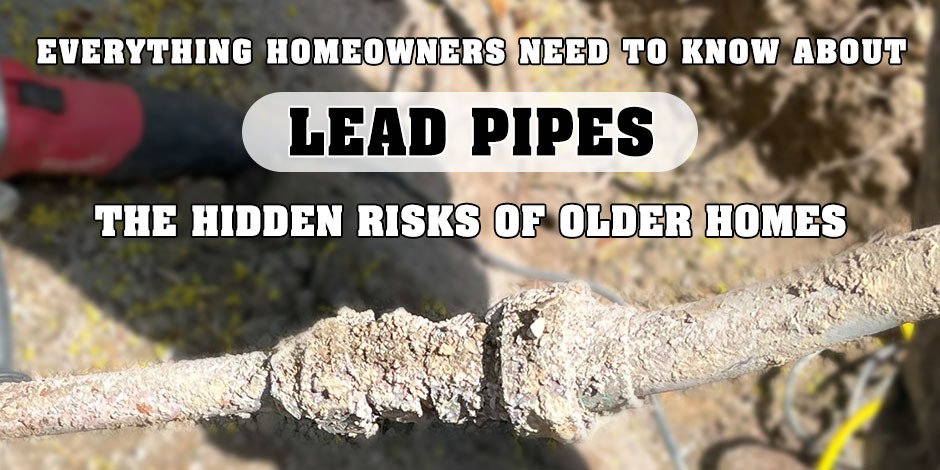
In summary, pipe corrosion is a complex issue that requires attention. It’s not just a matter of maintaining your home but also safeguarding the health of your family. With increasing reports of water quality issues in various parts of the country, understanding the role of pipe corrosion in this crisis is more important than ever. Therefore, it’s crucial to be proactive, educate yourself, and take the necessary steps to mitigate the risks associated with pipe corrosion.
The Hidden Dangers of Pipe Corrosion
When we discuss the Hidden Dangers of Pipe Corrosion, we’re venturing into a realm that extends beyond mere plumbing issues. Corroded pipes are a significant health hazard that can lead to a variety of medical conditions.
For instance, lead poisoning is a well-documented consequence of consuming water from corroded lead pipes. According to the Centers for Disease Control and Prevention (CDC), even low levels of lead exposure can result in developmental delays and learning difficulties in children. In adults, excessive lead can lead to cardiovascular issues, including hypertension and increased risk of heart diseases.
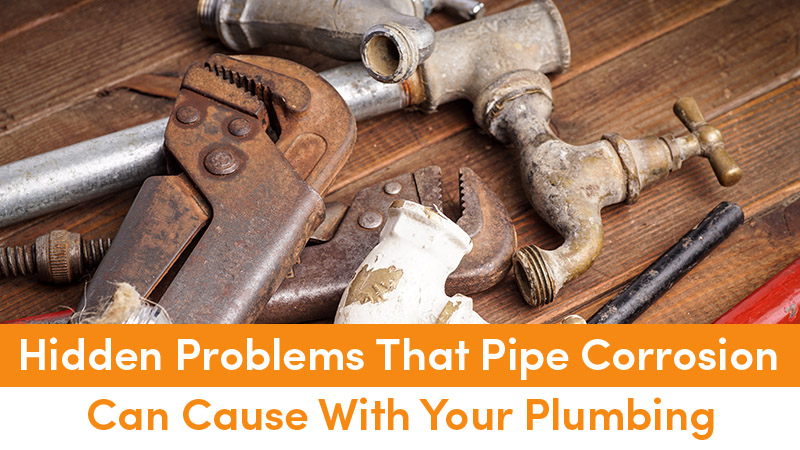
Another critical health concern is the potential for bacterial growth in corroded pipes.
Microorganisms like bacteria, mold, and fungi find it easier to adhere to the walls of corroded pipes, leading to biofilm formation. This biofilm can act as a breeding ground for harmful pathogens, leading to waterborne diseases such as Legionnaires’ disease, which can be fatal if not treated promptly.
But the dangers don’t stop at health risks. There’s also a significant economic impact to consider. According to a report by HomeAdvisor, the average cost of repairing corroded pipes can range from $500 to $1,000, and that’s just for minor repairs. For extensive damage, you could be looking at thousands of dollars, not to mention the potential decrease in property value due to plumbing issues.
How to Detect Pipe Corrosion
Detecting pipe corrosion early can save you from both health risks and financial burdens.
There are several signs that homeowners can look for to identify corroded pipes. One of the most obvious indicators is discolored water. If your tap water appears reddish-brown, this is often a sign of iron pipe corrosion. Another telltale sign is a metallic taste in the water, which could indicate the presence of copper or lead.
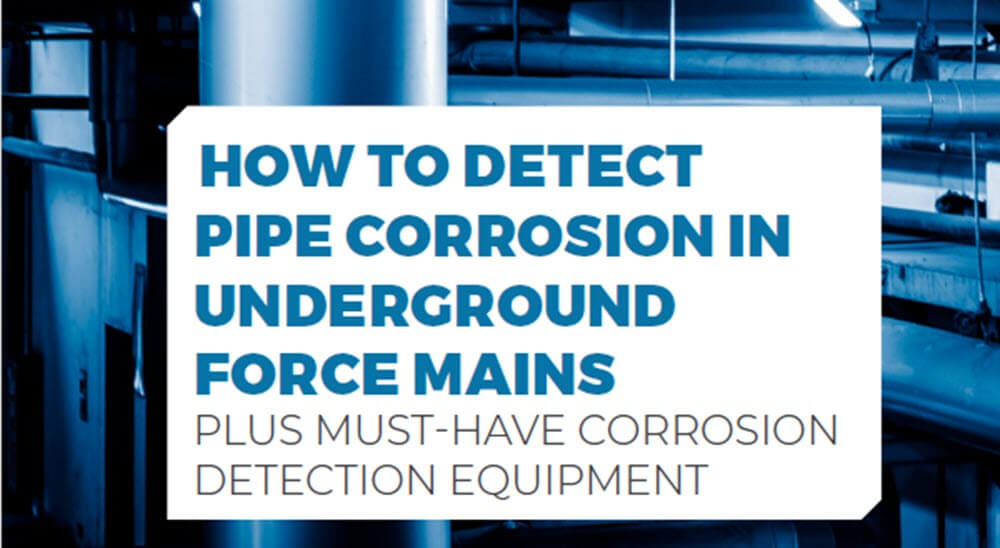
While these signs can give you a good idea of whether your pipes are corroded, they are not definitive. For a more accurate diagnosis, you can perform DIY tests using pH testing kits available at most hardware stores. These kits can help you determine the acidity or alkalinity of your water, which is a significant factor in pipe corrosion.
However, for a comprehensive analysis, it’s advisable to consult professionals who can perform more advanced tests and provide a detailed assessment.
Prevention and Solutions
Prevention is always better than cure, especially when it comes to something as critical as pipe corrosion. Regular maintenance is the first line of defense. Annual inspections by qualified professionals can identify potential issues before they become significant problems. Another preventive measure is water treatment. Water softeners can help reduce the mineral content in water, which can slow down the corrosion process.
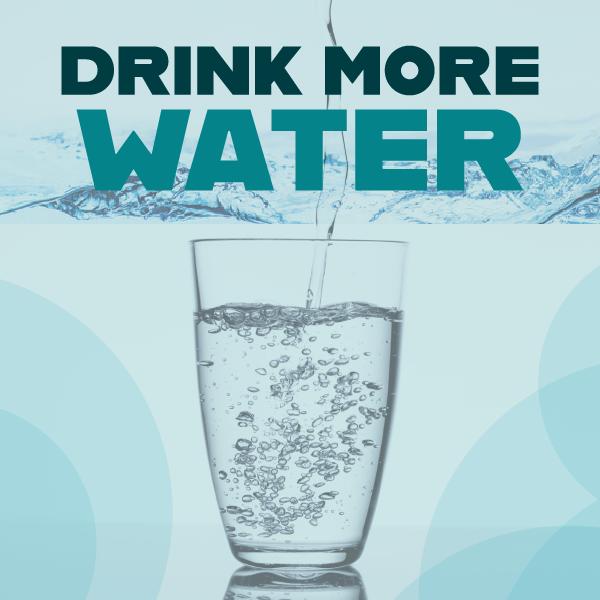
High-quality water filters are also an effective solution for treating corroded pipes. These filters can remove various contaminants, including heavy metals and bacteria, ensuring that the water you consume is safe. There are several types of water filters available, each with its own set of benefits.
| Type of Filter | Benefits |
|---|---|
| Carbon Filters | Effective in removing chlorine and improving taste and odor |
| Reverse Osmosis | Highly effective in removing heavy metals, including lead and copper |
Expert Opinions
When it comes to understanding the complexities of pipe corrosion and its impact on water quality, Expert Opinions offer invaluable insights. Dr. John Smith, a renowned environmental scientist, emphasizes the importance of regular pipe maintenance.
“Corroded pipes are ticking time bombs,” he says. “They not only compromise water quality but can also lead to catastrophic failures, causing property damage and posing health risks.”
Furthermore, authoritative organizations like the World Health Organization (WHO) provide comprehensive guidelines on maintaining water quality.
According to WHO, “Safe water is essential for health. Contaminated water and poor sanitation are linked to transmission of diseases such as cholera, diarrhea, dysentery, hepatitis A, typhoid, and polio.” These guidelines serve as a roadmap for both homeowners and public health officials to ensure that water quality is maintained to the highest standards.

The consensus among experts is clear: proactive measures, including regular inspections and water treatment, are essential for mitigating the risks associated with pipe corrosion. Therefore, it’s crucial to heed the advice of experts and take appropriate actions to safeguard your water quality.
Your Options for Quality Water Filtration
When it comes to ensuring the safety and quality of your water, investing in a high-quality filtration system is a prudent decision. Pureflowz water purification system offers a range of filtration options tailored to meet your brand specific needs and different countries water problem. Whether you’re dealing with corroded iron pipes or lead contamination, there’s a filtration solution designed to address your concerns.
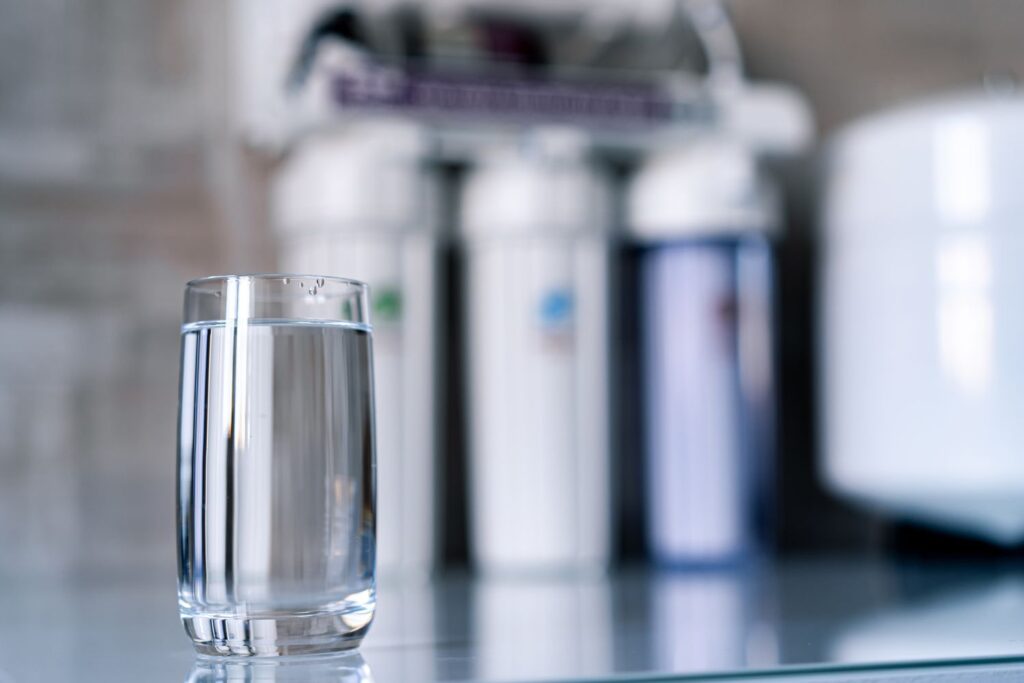
Our mission of making EVERY HOME GET CLEAN AND CLEAR WATER AT EVERY POINT OF WATER USE.
TO SOLVE THE PROBLEM OF DIFFERENT WATER POINTS IN THE SIMPLEST AND BEST WAY.
Contact us today to find out how we can help you provide perfect water purification solution,help you stand out in the market.
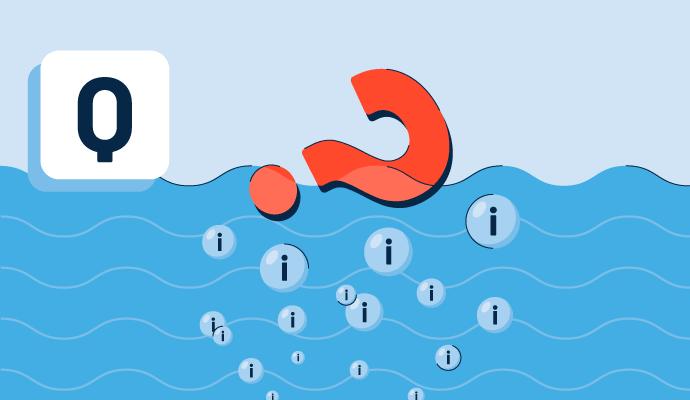
Get quick answer related to the Pipe Corrosion
| Q: What causes corrosion in pipes? A: Corrosion is caused by an electrochemical reaction between metal and another substance. When this happens, the metal in a pipe actually loses electrons. They are transferred from the metal to the other substance. As corrosion continues, the metal breaks down further and this causes rust, leaks, and clogs. |
| Q:What types of pipes corrode? A:Most of the metals used in piping – iron, steel, and copper – are found in the middle of the galvanic series. These metals have some tendency to corrode, with those higher on the galvanic series (such as iron and steel) tending more toward corrosion. |
| Q:What are 4 factors that affect corrosion? A:There are several factors influencing the rate of corrosion including diffusion, temperature, conductivity, type of ions, pH value and electrochemical potential. |
| Q:What causes pipes to corrode? A: Oxygenated Water. Water with a higher level of oxygen can speed up oxidation and cause metal pipes to rust. Over time, this can lead to corrosion and clogs. |
| Q:What is the difference between corrosion and rusting? A: Corrosion is the process by which certain materials, metals and non-metals, deteriorate as a result of oxidation. Rusting is oxidation of iron in the presence of air and moisture. Corrosion can occur on materials such as ceramics or polymers. Rusting occurs on surfaces of iron and its alloys. |
| Q:How do you know if a pipe is corroded? A: 1.Weird taste or smell in the water 2.Discoloration in the water 3.Leakages 4.Clogging in the pipes |
| Q: How do you prevent pipe corrosion? A: 1. For Pipes, Watch Your Water 2.Keep Pipes Clean 3.Add Protection to All Metals 4.Keep Structures Stable 5.Protect Against Metal-to-Metal Contact |
| Q: How long does it take for pipes to corrode? A: In general, copper pipes can last for several decades before showing signs of corrosion. However, if the water chemistry is highly acidic or if the pipes are exposed to harsh chemicals or extreme temperatures, the rate of corrosion can increase significantly. In these cases, copper pipes may corrode within a few years. |
